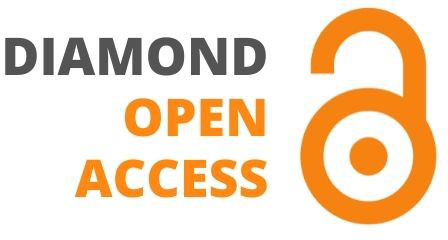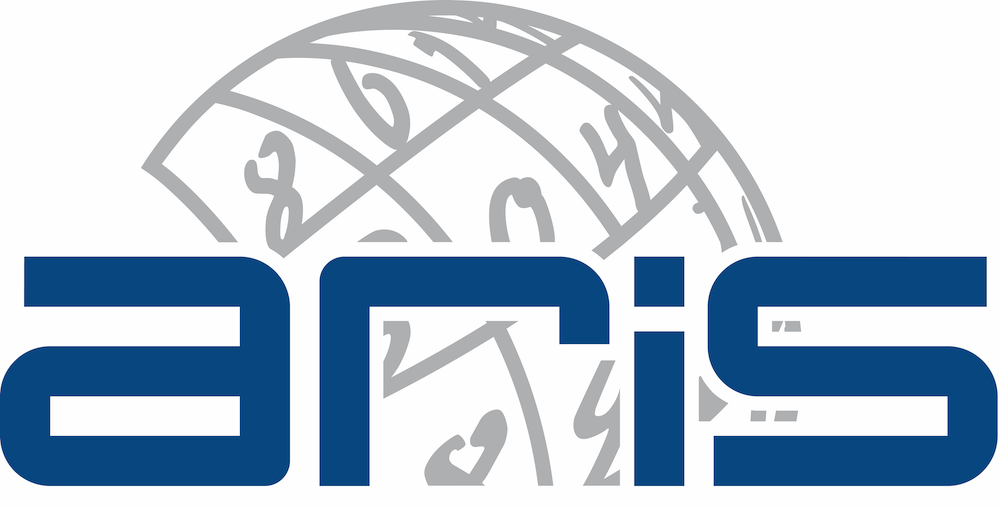Journal of Information Technology in Construction
ITcon Vol. 30, pg. 496-523, http://www.itcon.org/2025/21
Integration of IPD and IoT on Construction Industry Supply Chain performance with a sustainable development approach
| DOI: | 10.36680/j.itcon.2025.021 | |
| submitted: | July 2024 | |
| revised: | March 2025 | |
| published: | April 2025 | |
| editor(s): | Amor R | |
| authors: | Mohsen Lotfi,
Faculty of Civil Engineering, Semnan University, Semnan 3513119111, Iran ORCID: https://orcid.org/0009-0007-7462-7999 m.l.research2001@gmail.com (*corresponding author) Moses Karakouzian, PhD, Department of Civil Engineering, University of Nevada, Las Vegas, NV 89154, United States ORCID: https://orcid.org/0000-0002-8274-6759 mkar@unlv.nevada.edu (*corresponding author) | |
| summary: | Currently, sustainable development has become one of the most fundamental priorities for decision-makers and policy formulators to build a healthier environment, an advanced social setting, and a more robust economy. As one of the sectors with the most significant and complex production system pressures worldwide to achieve sustainable development goals, the construction industry has an essential contribution in the context of economic growth and improves living conditions without damaging future generations' opportunities or depleting natural resources. Because of the complexity and wide range of activities in the supply chain in this industry, it is necessary to employ proper methods and approaches to optimize performance, decrease costs, and use resources more efficiently. Thus, adopting new technologies and understanding their attributes offer promising solutions. This research proposes a model for incorporating Integrated Project Delivery and Internet of Things technologies in supply chain management for construction projects in Iran, focusing on sustainable development. The study comprises three phases: (I) Criteria Collection and Validation: Identifying effective parameters from integrating IPD and IoT on supply chain performance with a sustainable development approach; (II) Importance Weight Calculation: Using the fuzzy SWARA method to determine the significance of each criterion and sub-criterion; (III) Objective Prioritization and Solution Proposals: Employing the fuzzy ARAS method to prioritize objectives and propose solutions. The findings indicate that project savings (cost and time) and operational efficiency are top priorities from the perspectives of project management, technical factors, economic factors, and industry growth. Operational efficiency and project savings, with desirability scores of 78.77% and 78.36%, rank first and second, respectively. Supply chain visibility, remote operations, and augmented reality, with desirability scores of 70.77%, 70.66%, and 69.71%, follow in priority for integrating Internet of Things and Integrated Project Delivery in supply chain management performance within the construction industry, focusing on sustainable development. | |
| keywords: | Integrated Project Delivery, Internet of Things, Supply Chain Management, Sustainable Devel-opment, Construction Industry, MCDM Methods | |
| full text: | (PDF file, 1.572 MB) | |
| citation: | Lotfi M, Karakouzian M (2025). Integration of IPD and IoT on Construction Industry Supply Chain performance with a sustainable development approach. Journal of Information Technology in Construction (ITcon), 30, 496-523. https://doi.org/10.36680/j.itcon.2025.021 | |
| statistics: |





